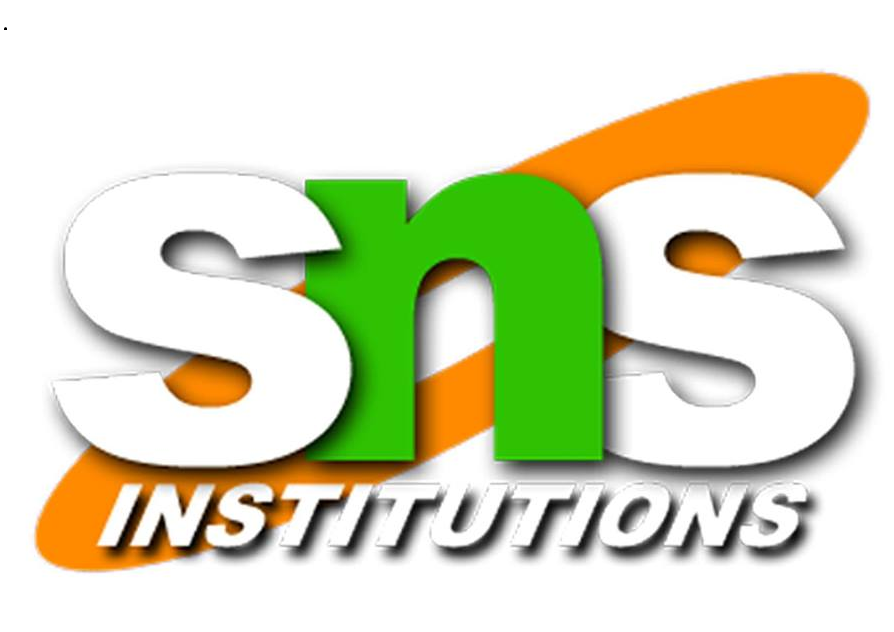
Learning: meaning and definitions - Basic principles of learning and their - Rote learning vs. meaningful learning - Techniques of active learning and their implications – Self- learning- Teaching: meaning and definitions- Characteristics of good teaching.
Meaning and definitions of diverse classroom-Teaching in a diverse classroom- Preparations of teachers of diverse classroom-Diversity in the classroom. Purpose of learning in and out of school- Importance of observation learning -advantages of learning outside the classroom-modern strategies of learning.
Constructivism: Meaning and definitions - The nature of constructivist learners, and the nature of learning process. Pedagogical approaches to constructivism-Characteristics of learner -centered teaching and learning-Advantages of learner-centered teaching vs teacher –centered learning.
Model of teaching: Meaning, definitions, and function-Models: Philosophical teaching models: Insight model (Plato) Impression model (Jhon Locke) and Rule model (kanl)- Psychological models: Basic teaching model (Robert Glasser), Interaction model (Flander) and Computer based model (Daniel Davis) – Modern teaching models;: Information processing models -, Personal models, social interaction models and Behavior modification models.
Teaching: Concept, nature and characteristies: Concent knowledge, Pedagogical Knowledge, Technnlogical knowledge, professiona attitude, reflective practice- Continuing professional development of teachers: Concept, process and strategies-Teacher’s professional ethics accountability: Meaning, importance and dimensions-Recommendations of NPE 1968, NPE 1986,92, RTE Act 2009 and NPE 2020.
Reference Book:
1. Thangasamy,kokila, (2016). Teach Gently, Chennai : Pavai Pathippagam, 2. Thorndike, E. L. (1905). The elements of psychology. New York: A. G. Seiler. 3. Vygotsky’s.(2004). Philosophy: Constructivism and its criticisms examined Liu & Matthews, lnternational Educaton Journal, 2005, 6(3), 386-399.
Text Book:
1. Bandura, A., & Walters, it. H. (1963). Social learning and personality development. New York: Holt, Rinehart, & Winston. 2. Bruner, J.S. (1971). The process of education revisited. Phi Delta Kappan, 53, 18-21. 3. Gropper, G.L. (1987). A lesson based on a behavioral approach to instructional design. In C.M. Reigeluth (Ed.), Instructional theories in action (pp. 45-112). 4. Jayaraman, Chindhai.(2005). School days: iii CifdreH’s Perspective. Ch eung: Vinodh publications.
